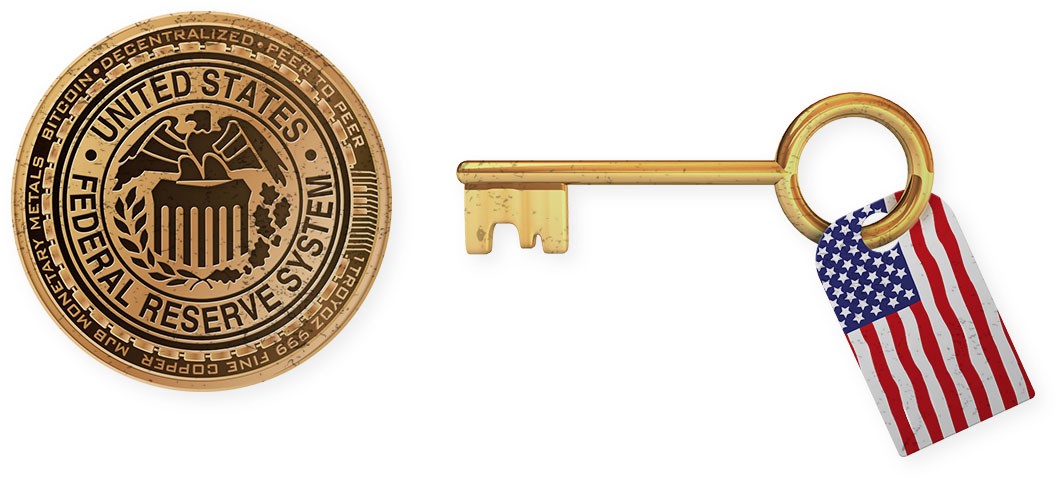PALO ALTO, Calif. (Reuters) - The Federal Reserve is taking a look at a broad series of issues around digital payments and currencies, consisting of policy, design and legal considerations around potentially releasing its own digital currency, Governor Lael Brainard said on Wednesday. Brainard's remarks recommend more openness to the possibility of a Fed-issued digital coin than in the past." By changing payments, digitalization has the prospective to provide greater value and benefit at lower cost," Brainard said at a conference on payments at the Stanford Graduate School of Business.
Reserve banks globally are debating how to handle digital finance technology and the distributed ledger systems utilized by bitcoin, which promises near-instantaneous payment at potentially low cost. The Fed is establishing its own day-and-night real-time payments and settlement service and is presently examining 200 remark letters submitted late in 2015 about the proposed service's design and scope, Visit this page Brainard said.
Less than two years ago Brainard informed a conference in San Francisco that there is "no compelling showed need" for such a coin. But that was prior to the scope of Facebook's digital currency aspirations were commonly understood. Fed authorities, consisting of Brainard, have raised issues about consumer protections and information and personal privacy threats that might be presented by a currency that might enter use by the 3rd of the world's population that have Facebook accounts.

" We are teaming up with other main banks as we advance our understanding of main bank digital currencies," she said. With more nations looking into providing their own digital currencies, Brainard stated, that adds to "a set of factors to also be making certain that we are that frontier of both research study and policy advancement." In Additional hints the United States, Brainard stated, issues that require research study include whether a digital currency would make the payments system more secure or easier, and whether it might pose financial stability risks, including the possibility of bank runs if cash can be turned "with a single swipe" into the central bank's digital currency.
To counter the monetary damage from America's extraordinary national lockdown, the Federal Reserve has actually taken unmatched actions, including flooding the economy with dollars and investing straight in the economy. The majority of these relocations got grudging approval even from lots of Fed skeptics, as they saw this stimulus as required and something only the Fed could do.
My brand-new CEI report, "Government-Run Payment Systems Are Hazardous at Any Speed: The Case Against Fedcoin and FedNow," information the threats of the Fed's present strategies for its FedNow real-time payment system, and proposals for main bank-issued cryptocurrency that have actually been called Fedcoin or the "digital dollar." In my report, I go over issues about personal privacy, data security, currency control, and crowding out private-sector competitors and development.
Proponents of FedNow and Fedcoin say the federal government must produce a system for payments to deposit quickly, rather than motivate such systems in the economic sector by raising regulative barriers. But as kept in mind in the paper, the economic sector is supplying an apparently endless supply of payment technologies and digital currencies to fix the problemto the level it is a problemof the time gap in between when a payment is sent and when it is Click for info gotten in a bank account.
And the examples of private-sector innovation in this location are lots of. The Cleaning House, a bank-held cooperative that has actually been routing interbank payments in numerous forms for more than 150 years, has been clearing real-time payments since 2017. By the end of 2018 it was covering 50 percent of the deposit base in the U.S.